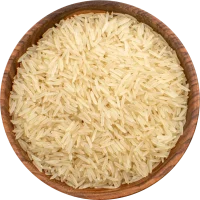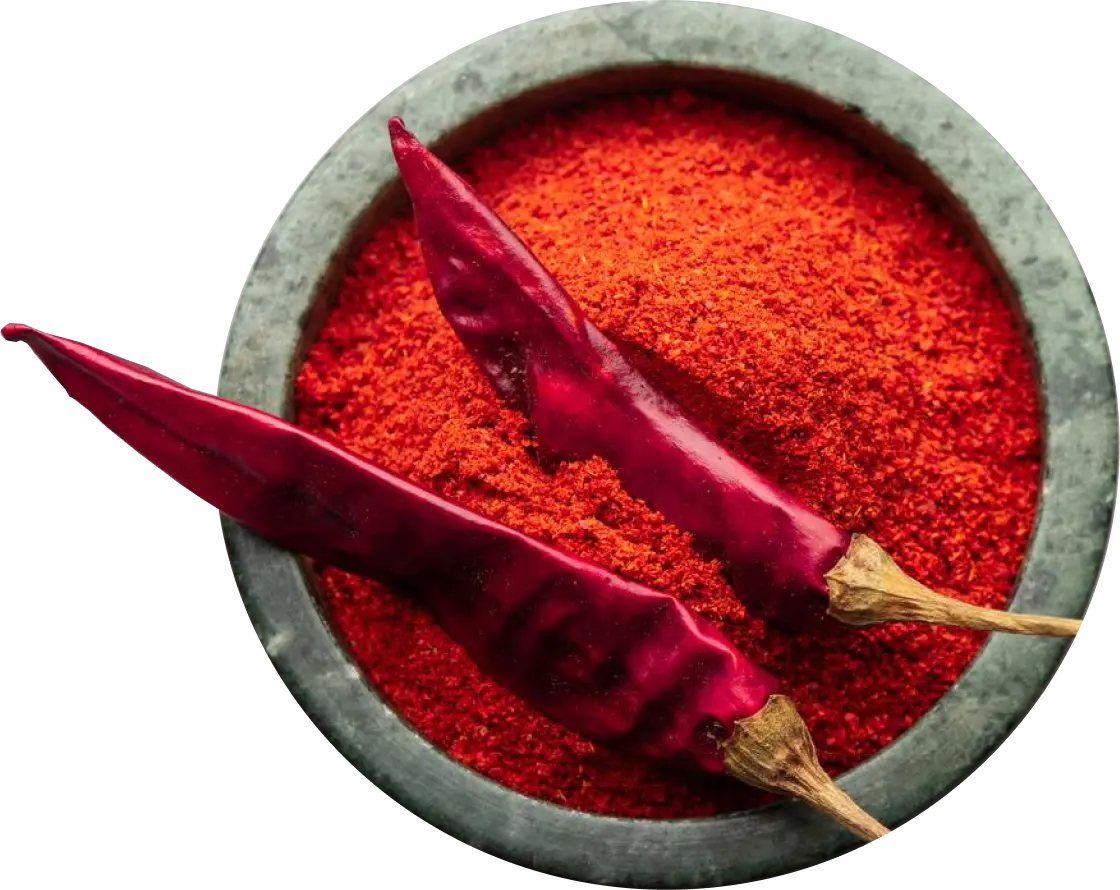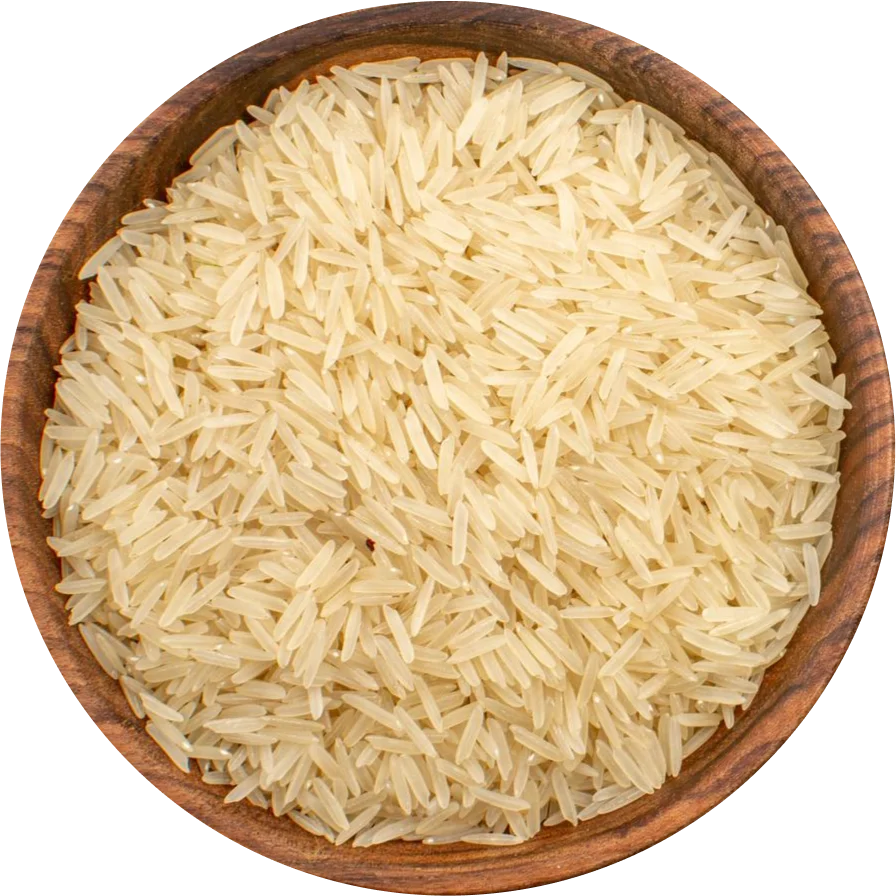
Basmati Rice Suppliers in India
Basmati Rice is an essential commodity exported to different countries by various basmati rice manufacturers in India. It is a popular staple food, especially in Asia, and is widely consumed around the world. Basmati rice suppliers in India play a crucial role in meeting global demand for this premium product.
Leading Basmati Rice Manufacturer in India
The rice industry in India has grown significantly due to advanced agricultural practices and demand for high-quality basmati rice. Basmati Rice Manufacturers in India are now using new ways to increase the output while implementing advanced processing processes and tight quality control systems, leveraging multiple labels such as Basmati and non-Basmati.
This increase in demand has been encouraged further by government programs such as farmer support initiatives and infrastructure investment. As a result, India has become a global player, with rising foreign demand driving exports. Additionally, many rice manufacturers in India have adopted eco-friendly processes, aligning with the focus on sustainability to deliver excellent quality while caring for the environment.
Production of Rice is an essential part of India’s economy and food security, ensuring the country remains a global leader in this field.
Authentic Basmati Rice
Basmati rice is an aromatic long grain grown for ages in the specific geographical regions of the Himalayan foothills of the Indian sub-continent. It is blessed with extra-long slender grain, soft and fluffy texture upon cooking, delectable taste, superior aroma and distinct flavor. Agro-climatic conditions of the specific geographical area, agronomic practices, plant nutrition, method of harvesting, processing and ageing attribute these characteristics to basmati rice. The Scented Pearl – gives a touch of class that can transform. Basmati rice manufacturers in India take great care in producing this high-quality grain, ensuring it meets the highest standards for taste and aroma.
Types of Basmati Rice
Basmati rice is not just a staple ingredient; it represents a rich cultural heritage and culinary tradition that dates back centuries. Known for its unmatched fragrance and slender grains, it is an integral part of iconic dishes in South Asia and beyond. Basmati rice manufacturers in India help to preserve this history by blending traditional farming techniques with contemporary processing technologies. Their efforts have elevated Indian basmati rice to the status of a symbol of excellence and authenticity, valued by chefs and food enthusiasts around the globe.
Basmati rice is celebrated for its nutritional profile, offering benefits such as a low glycemic index, high fiber content, and essential nutrients. These qualities make it a preferred choice for health-conscious consumers. Basmati rice manufacturers in India emphasize maintaining the grain’s natural properties through careful processing techniques, ensuring that it remains a healthy and flavorful addition to diets around the globe.
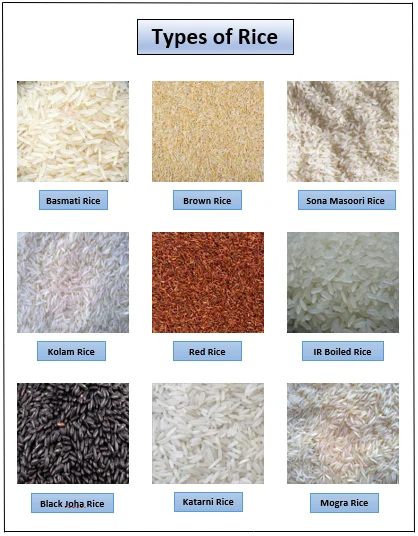
SPECIALITY OF BASMATI RICE
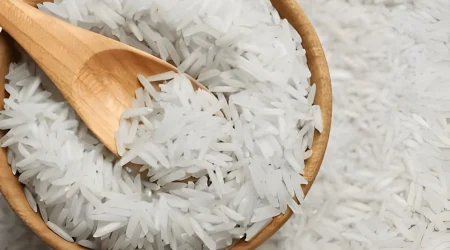
Basmati rice is characterized by its thinness and length, and on cooking, it becomes twice its original length. Its soft nature leads to a better aroma and distinctive shape. Basmati rice is outstanding in comparison to other long and aromatic rice.
Talking of the nutritional advantage of this grain as offered by basmati rice, the Glycemic Index of this specialty is relatively low, explaining how the carbohydrate content mixes less into the bloodstream than other kinds of rice, thus helping in stabilizing the blood glucose levels.
SPECIALITY OF NON-BASMATI RICE
In many Indian states, Non Basmati rice types are grown extensively. The types consist of small grain, medium grain, long grain, scented short grain, etc. Specialty rice varieties like Black Joha rice of Assam, Bhog varieties of Eastern India, Jeera rice, and scented varieties like Katarni of Bihar, Sona Masoori, Ponni and Idli Rice of Southern India, Red rice and Nevara rice of Kerala, Kolam rice of Maharashtra, IR boiled rice of Gujarat, Parimal raw rice of Central India etc.
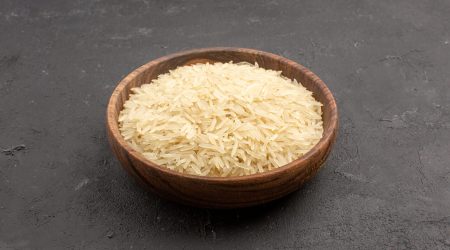
In many Indian states, Non Basmati rice types are grown extensively. The types consist of small grain, medium grain, long grain, scented short grain, etc. Specialty rice varieties like Black Joha rice of Assam, Bhog varieties of Eastern India, Jeera rice, and scented varieties like Katarni of Bihar, Sona Masoori, Ponni and Idli Rice of Southern India, Red rice and Nevara rice of Kerala, Kolam rice of Maharashtra, IR boiled rice of Gujarat, Parimal raw rice of Central India etc.
Non basmati rice exporters from India, mainly the South, boast of how the Ponni rice, or polished white rice, provides ample energy due to high levels of carbohydrate content. Besides, it is also linked to relieving diseases like diarrhea and dysentery.
On the other hand, the classic Black Joha rice, dominantly found in Assam, does wonders by preventing the onset of diabetes due to its lower blood glucose levels. Its noteworthy taste and scintillating aroma, as described by non-basmati rice exports from India, is quite popular throughout the Northeastern region and is cultivated during winter.
Non-Basmati rice exporters from India, mainly export to Benin, Senegal, Nepal, Cote’D Ivory, Guinea, UAE, Bangladesh, Somalia, South Africa, Saudi Arabia, and Nigeria.
What makes Indian Basmati Rice So Special
The distinctive aroma of Indian Basmati rice, the long slender grains that stay nice and fluffy upon cooking, is unrivalled. It has a naturally nutty, rich taste that enhances whatever dish it is in, especially biryani. What makes it so special, is also the geographic region of where it comes from. The soil, weather and geography of the Himalayan region, gives the Indian Basmati rice a distinctive character. Indian Basmati rice is often sometimes aged for months, even years, gives the rice that much more flavour and enhances the texture. Basmati rice is light on the stomach compared to other rice varieties, has an inherently lower glycemic index, and those looking for clean eating will prefer Basmati rice. You can even taste and smell the difference between basmati rice and other rice, you won’t find any clumps here! The other aspect of Indian Basmati rice that is often overlooked is the length of time India has been growing and exporting for generations means it has more experience growing and exporting rice. When you make Indian Basmati rice your entire kitchen is filled with that characteristic aroma. Indian Basmati rice is truly the rice that elevates ordinary meals, which is the reason it is so popular in kitchens across the globe.
Why Choose Vora Spice Mills for Basmati & Non Basmati Rice Export
At Vora Spice Mills, we take pride in being most reliable basmati rice supplier in India, ensuring that only highest quality basmati rice reaches you. As one of the leading basmati rice manufacturers in India, our quality assurance team takes care of selecting and processing each Basmati and Non-Basmati grain with finesse, along with following all the essential international standards and reducing contamination risks through minimal human intervention. Enquire now for details on basmati and non basmati rice export from India.
FAQ's for Basmati & Non Basmati Rice
Basmati rice is low in sodium and has zero cholesterol, with eight essential amino acids and folic acids. Consisting of a low to medium glycemic index, the energy is released at a slower, steadier rate, providing a more balanced energy level.
The Sona Masoori rice is undoubtedly the most popular rice variety for daily consumption. Non-basmati rice exporters from India explain how the rice is a mixture of two species, Sona and Masoori, which hold a robust flavour and release rich aromas.
The export of non-basmati rice from India has been allowed to Cameroon, Cote d’Ivoire, Malaysia, Nepal, Philippines, and Seychelles. However, imports were prohibited from July 20 to keep domestic prices under check.
1121 Basmati rice is known to be the longest grain of rice in the world. Grown by basmati rice manufacturers in India for more than a millennium, this type served the royal families and expressed a unique aroma and taste. When cooked perfectly, its extra-long slender grains describe an elongation twice its original size.
Basmati suppliers in India say that the grain is produced in Delhi, Haryana, Himachal Pradesh, Jammu & Kashmir, Uttarakhand, and Western Uttar Pradesh.
The various kinds of Basmati rice include Basmati 217, Basmati 370, Type 3 (Dehradun Basmati), Pusa Basmati 1, Punjab Basmati 1 (Bauni Basmati), Kasturi, Haryana Basmati 1, Mahi Sugandha, Taraori Basmati (HBC 19/ Karnal Local), Ranbir Basmati, Improved Pusa Basmati 1 (Pusa 1460), Pusa Basmati 1121 (After amendment), Vallabh Basmati and Basmati 386.
Basmati rice has longer grains, a distinct aroma, and fluffs up beautifully when cooked — unlike regular white rice, which is shorter, stickier, and more neutral in flavor.
Basmati rice is perfect for biryanis, pulao, fried rice, and side dishes. Its fragrance and texture make it ideal for festive or traditional meals.
Yes. Aged Basmati has lower moisture, stronger aroma, and better cooking characteristics. That’s why premium rice is often aged for 1–2 years before export.
Non-Basmati rice tends to have more starch than Basmati rice. If it’s not rinsed properly before cooking or if too much water is used, the excess starch causes the grains to stick together. Washing the rice 2–3 times and using the right water ratio helps keep it fluffy.
Soak it for 20–30 minutes before cooking. Then, use 1 cup rice to 1.5–2 cups water, and cook it on low heat until all the water is absorbed. This gives you soft, separate grains.

